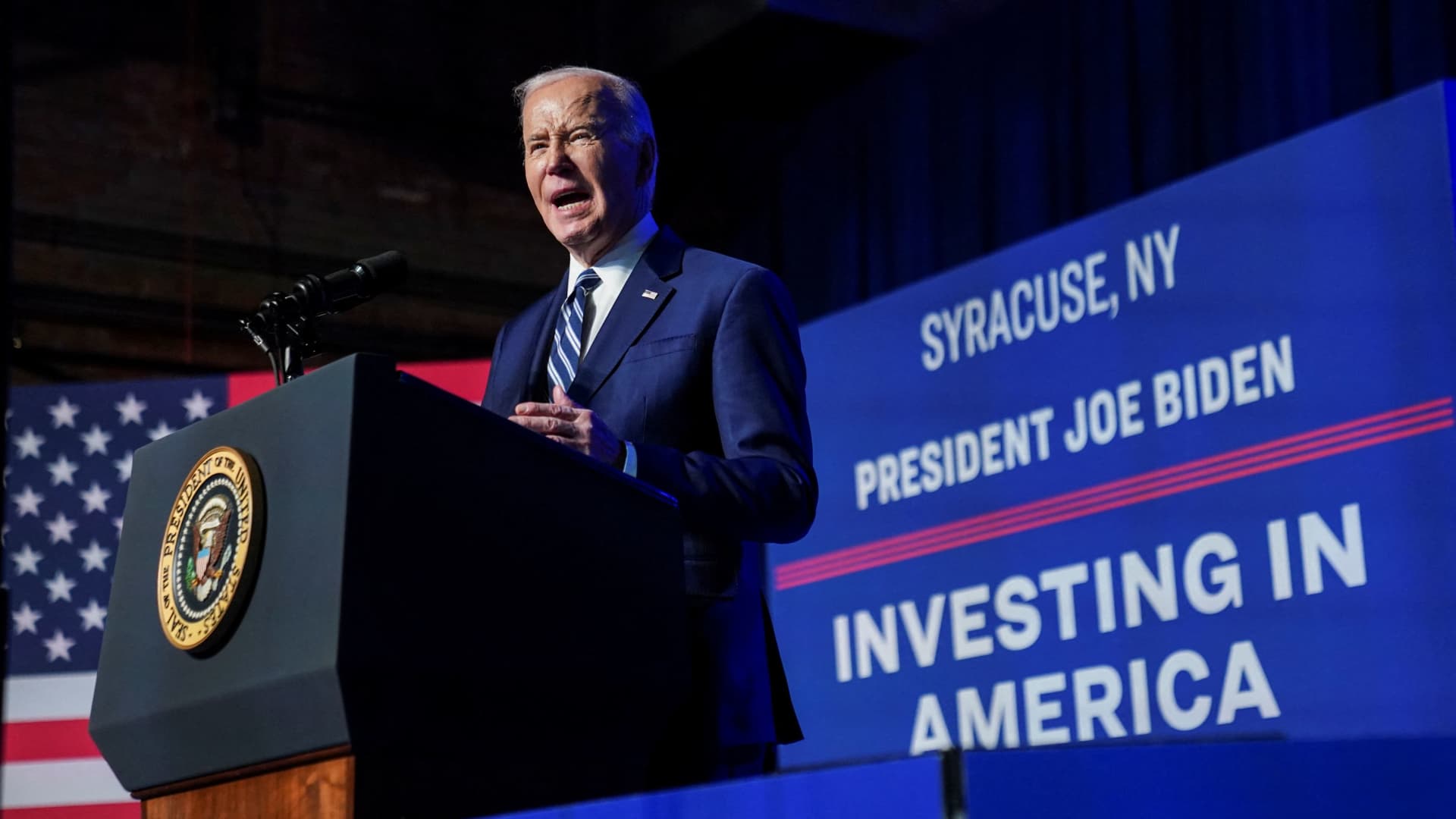WASHINGTON — When the Federal Trade Commission finalized a rule earlier this month banning noncompete clauses, the blowback was swift: Within 24 hours, the U.S. Chamber of Commerce led a handful of business groups to file a lawsuit seeking to block the ban. They argued that the FTC lacked the authority to impose it in the first place.
The playbook is becoming a familiar one: The Biden administration finalizes a new rule regulating business, and the Chamber and industry lobbying groups immediately sue to stop it by arguing that the agency has overstepped its authority.
So far this year, the administration has finalized seven rules, addressing such areas as independent contractors, credit card late fees and climate disclosure requirements, only to see them met with near-immediate lawsuits by the Chamber and other groups.
The Chamber said it expects to file a total of at least 22 lawsuits against the Biden administration before the end of President Joe Biden’s current term. That’s a dramatic increase from the number of suits it filed against two previous administrations — three against the Trump administration and 15 during Obama’s first term, according to the Chamber.
The American Bankers Association, another influential lobbying group in Washington, said it has signed on to four lawsuits against banking regulators since September 2022 and that it had not signed on to any legal challenges to banking regulators for about a decade before that.
Officials at both the Chamber and the ABA said litigation is always a last resort. But they see it as a necessary step when agencies issue regulations that the organizations see as outside the scope of their authority.
“We are fully confident these agencies are acting within their authorities,” White House assistant press secretary Michael Kikukawa said in a statement to CNBC. “These rules help American workers and families by increasing wages, lowering costs, saving lives, and building a fairer economy.















